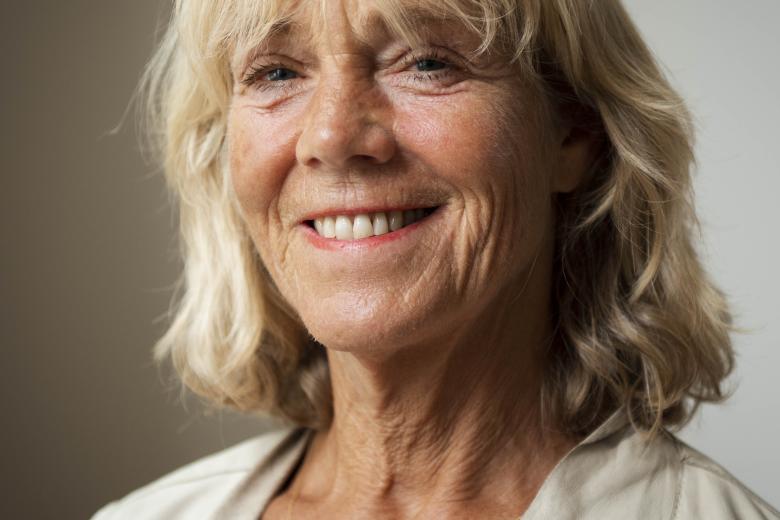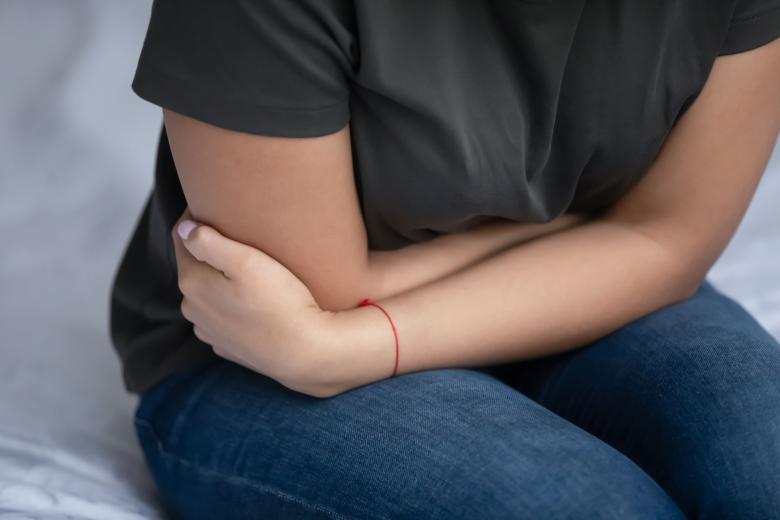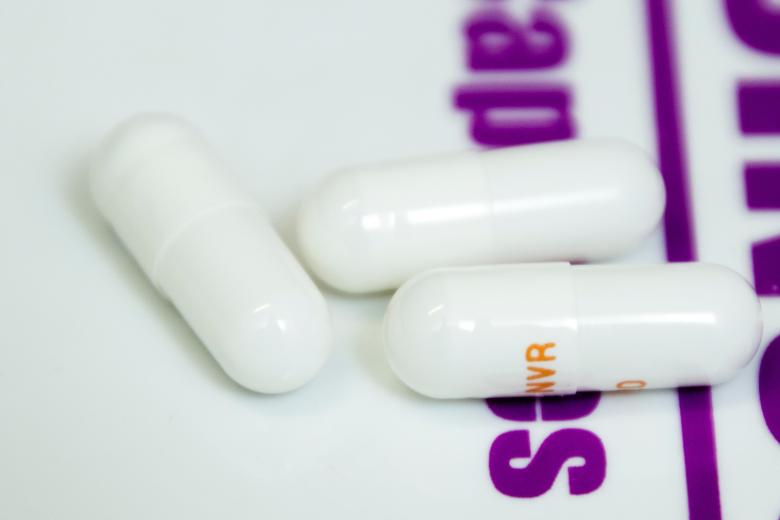Research into a national rollout of the Healthy Primary School of the Future
The healthy primary school is the future. This is evident from the choice of the municipalities of Brunssum, Heerlen, Sittard-Geleen and Maastricht to launch Healthy Primary School of the Future projects. And the municipalities where the project is already underway, Kerkrade and Landgraaf, are so satisfied with the results that they would like to see the project continued and, where possible, rolled out further. The initiators of the project, including Maastricht University (UM) and the Province of Limburg, believe that the Healthy Primary School of the Future deserves to be replicated nationally, given the positive impact on children, parents and schools. That call was accepted on Monday by the State Secretary for Health, Welfare and Sport, Paul Blokhuis, who visited one of these primary schools. At the request of the State Secretary, UM will now carry out a feasibility study into the national rollout of the project.
State Secretary Blokhuis ate with students at a daily healthy lunch this week at elementary school Wereldwijs in Landgraaf. There, he met with children who until recently had hardly ever eaten vegetables or fruit, but now feel comfortable sinking their teeth into a tomato sandwich. Primary school Wereldwijs is one of the four Limburg schools currently participating in the project. There is also interest from North Limburg, and primary schools in the municipalities of Venlo and Peel en Maas will soon implement the project. “The support from parents, teachers and children has increased enormously in recent years—going from somewhat sceptical to enthusiastic. Parents would like to continue with the Healthy Primary School and are also prepared to contribute financially”, says Onno van Schayck, professor of Preventive Medicine at UM and project leader.
The Healthy Primary School of the Future (GBT) focuses on reducing the health problems experienced by children in Limburg. In addition to healthy lunches, the Healthy Primary School of the Future has an active sports, game and culture programme and the school is evolving from a learning to a living school. The project thus actively contributes to bringing about real change in the region. For example, UM researchers have demonstrated that participating children have a healthier weight after two years, that their diet and lifestyle have improved, and that they feel much better. Moreover, there is less bullying in healthy schools and the effects of a healthy lifestyle are also shared directly with parents at home.
Regional and national rollout
It is now up to Blokhuis to consider a national rollout of the project. In a letter from Parliament last month, he already announced that he would be looking into the feasibility of free responsible lunches at schools. In that letter, the Healthy Elementary School of the Future was mentioned as an exemplary project. After attending the lunch, Blokhuis was certainly enthusiastic. “I already knew about this project on paper and the initial results are promising. It is good to be able to see it with your own eyes. You see the children enjoying a healthy lunch and good exercise. I asked the initiators, together with Wageningen University and the City of Amsterdam, to explore the impact and feasibility of a broader implementation in the Netherlands.”
The Healthy Primary School of the Future appeared in the NOS Jeugdjournaal on Tuesday, 19 November. Read the news item here (in Dutch).

Also read
-
Menstruation is still a taboo in the workplace
In honour of the presentation of the VNVA Els Borst Prize for her oeuvre, Prof Marlies Bongers is organising the symposium "menstruation in RED on the agenda" on 1 October.
-
Repeat miscarriages: does the immune system play a role?
In women trying to conceive, 1-3% experience repeated miscarriages. For more than 50% of these women, a cause for the miscarriages has yet to be found. New research from Maastricht University (UM) and the Maastricht University Medical Centre+ (MUMC+) shows that the immune system’s Natural Killer (NK)...
-
New European project aims to think outside the box when it comes to medicine
The European Commission has awarded €23 million to set up a new platform for drug repurposing: the use of existing drugs in diseases other than those for which they were originally developed. In the next seven years UM will develop the platform REPO4EU (precision drug REPurpOsing for Europe) together...